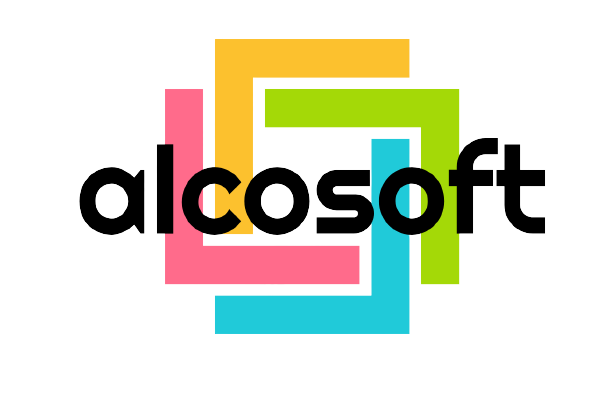If you want to rank your local business website on the first page of Google, you need to follow some proven strategies that can boost your online visibility and attract more customers. Here are some tips to help you achieve your goal:
- Optimize your website for local keywords. Local keywords are phrases that include the name of your city, state, or neighborhood, such as “dentist in Seattle” or “pizza delivery in Brooklyn”. These keywords help Google understand where your business is located and what kind of services you offer. You should use these keywords in your title tags, meta descriptions, headings, content, and URL structure.
- Claim and optimize your Google My Business profile. Google My Business is a free tool that allows you to create and manage a listing for your business on Google Maps and Search. It shows important information about your business, such as your name, address, phone number, hours, reviews, photos, and more. You should claim your profile and make sure it is accurate, complete, and consistent with your website and other online platforms.
- Get more reviews from your customers. Reviews are one of the most important factors that influence your local ranking on Google. They show Google that your business is trustworthy, reliable, and popular among your customers. You should encourage your customers to leave reviews on Google and other platforms, such as Yelp, Facebook, or TripAdvisor. You should also respond to reviews and thank your customers for their feedback.
- Build local citations and links. Local citations are mentions of your business name, address, and phone number on other websites, such as directories, blogs, or social media. Local links are links from other websites that point to your website. Both citations and links help Google verify your business information and authority. You should build local citations and links from relevant and reputable sources in your industry and location.
- Create local content. Local content is content that is relevant to your target audience and location. It can be blog posts, videos, infographics, podcasts, or any other type of content that provides value to your potential customers. Local content can help you showcase your expertise, answer common questions, solve problems, and generate leads. You should create local content that is informative, engaging, and optimized for local keywords.
By following these tips, you can improve your chances of ranking your local business website on the first page of Google and grow your online presence.

